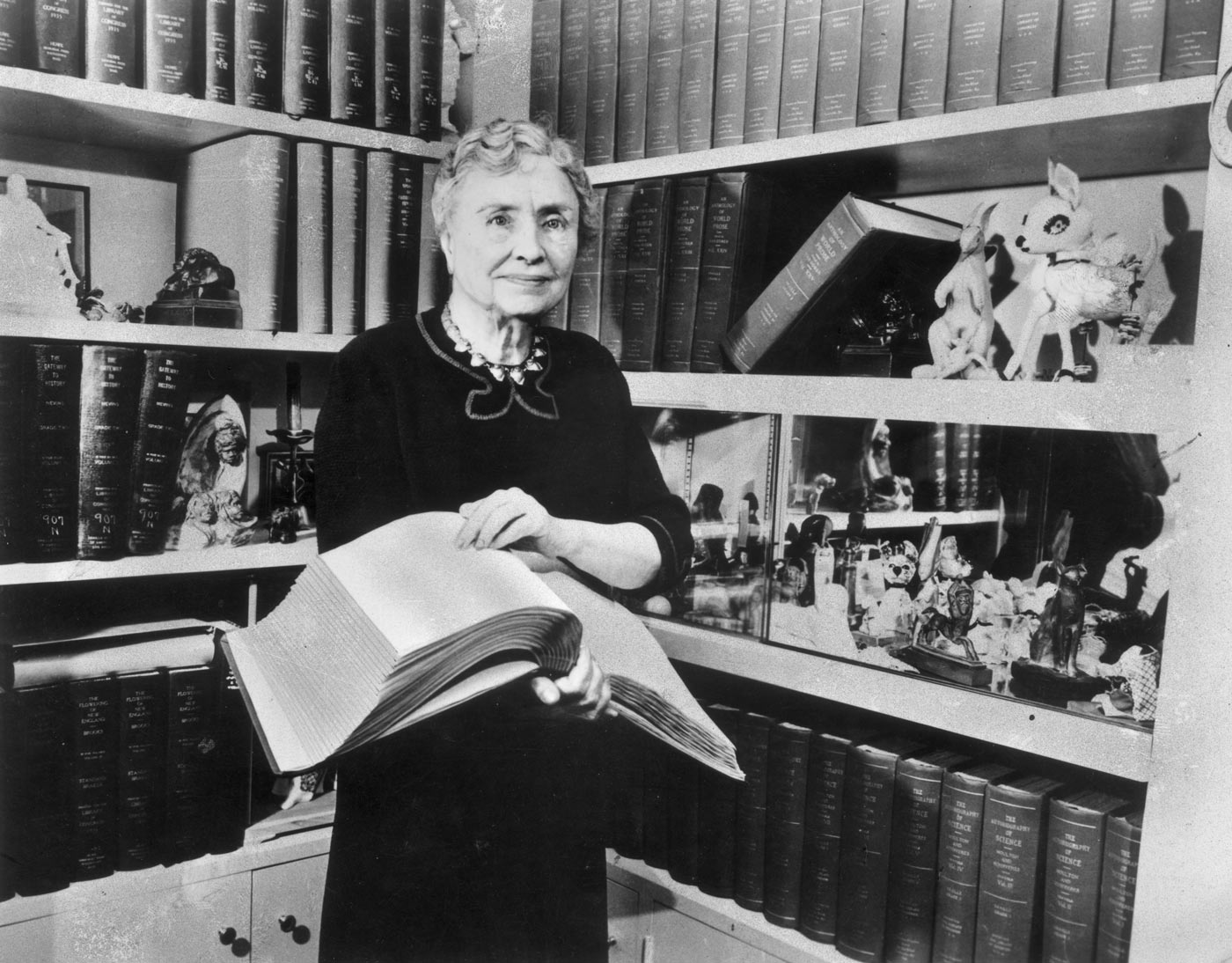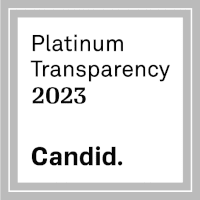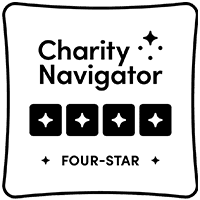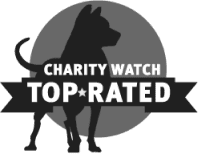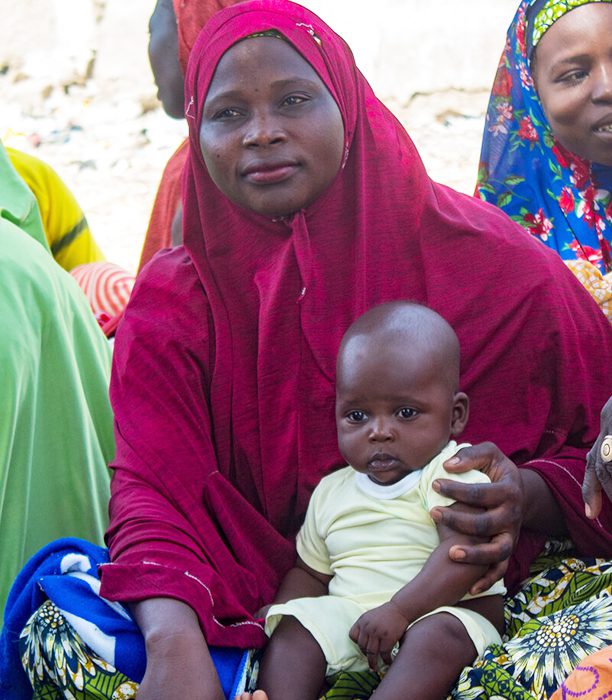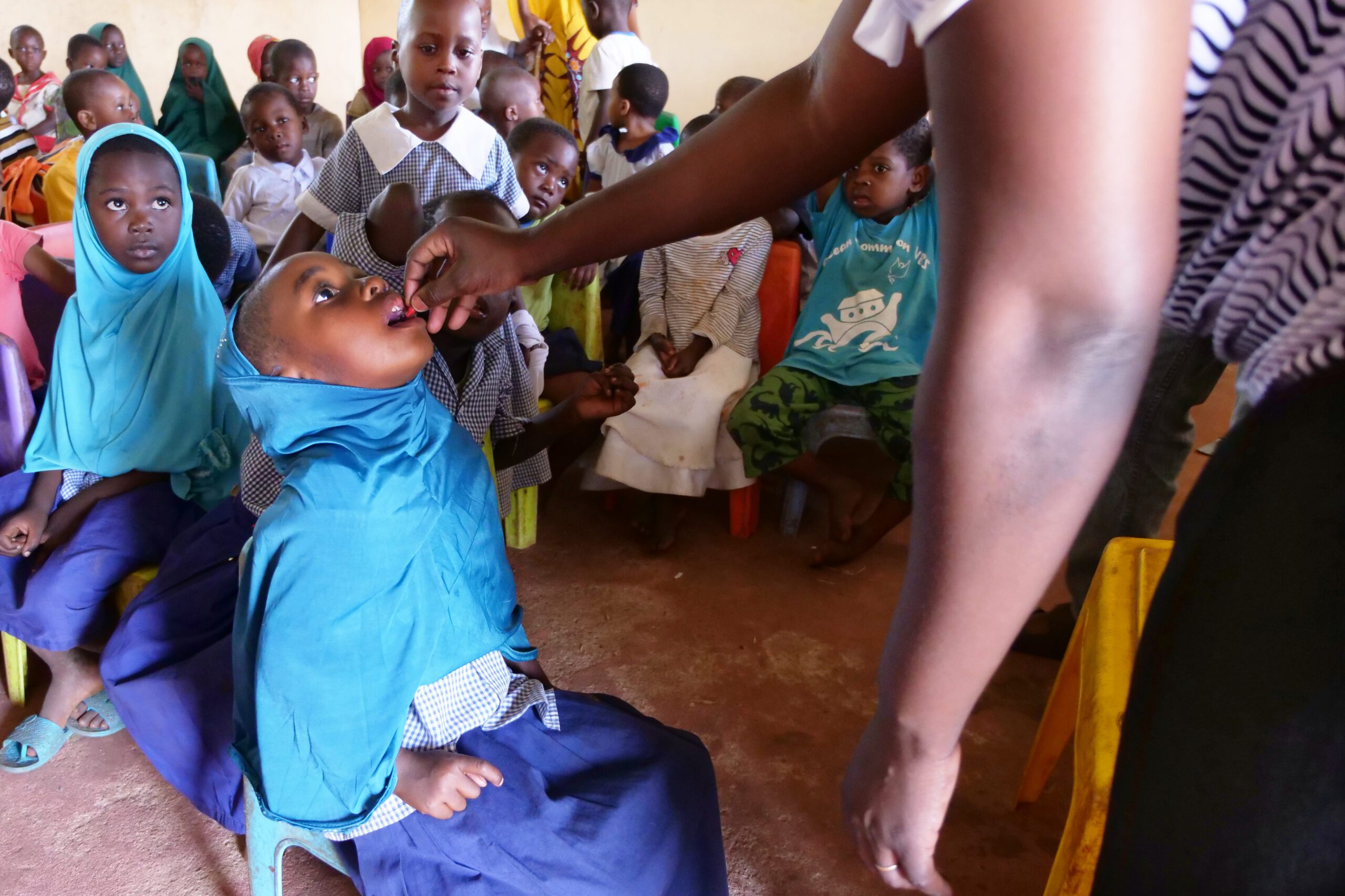
Health Workers Go the Extra Mile to Reach Every Child in Kenya
Funzi Island and its approximately 1,500 inhabitants are not easy to reach. A road built on marshland connects the small island to mainland Kenya, but it is submerged underwater for most of the year. A bridge is under construction. In the meantime, getting from the southern coast of Kenya to Funzi’s sandy shore requires a thirty-minute speedboat ride. Depending on the weather and the waves, the ride can either be calm and gentle or rough and dangerous.
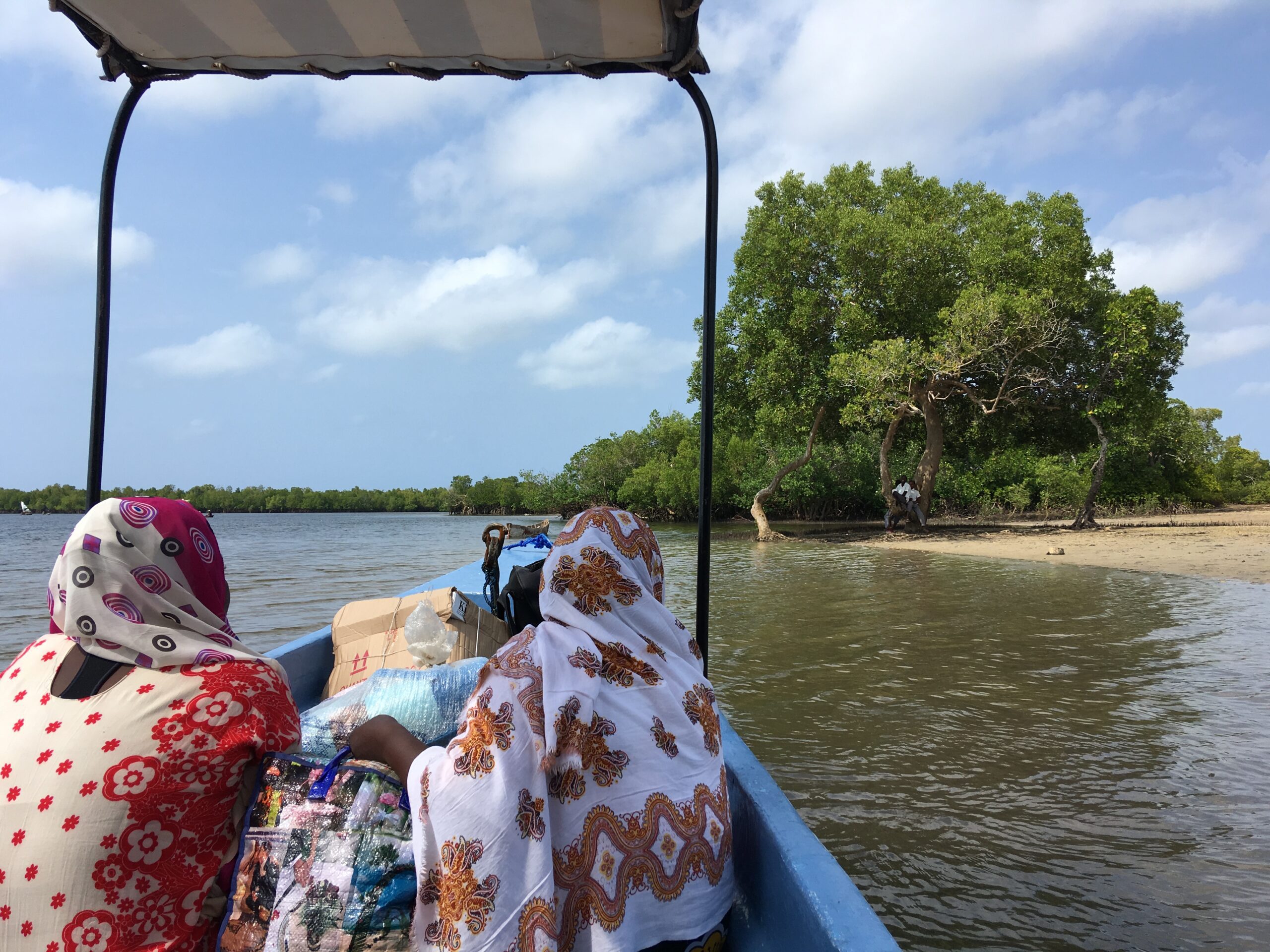
Sharmilla Kassim works as a government-employed nutritionist in Kenya’s Msambweni Subcounty, which includes Funzi Island.
Recently, I joined Sharmilla on one of her regular visits to Funzi Island for a community dialogue. On that morning, the tide was high and the sea was placid. Still, Sharmilla was visibly anxious. She confided that she doesn’t know how to swim and has a deep fear of open water.
I asked her what could possibly compel her to regularly make the trip to Funzi in such a tiny boat. After all, there were other staff members whom she could have called upon to take her place.
Her answer brought tears to her eyes, and mine.
“Being a healthcare worker is a humanitarian service—to deliver assistance to fellow human beings. It’s a calling: you carry it in your heart. Every child is important, and every community is important. You don’t pick and choose who to serve.”
Local Changemakers Learning to Help Children Thrive
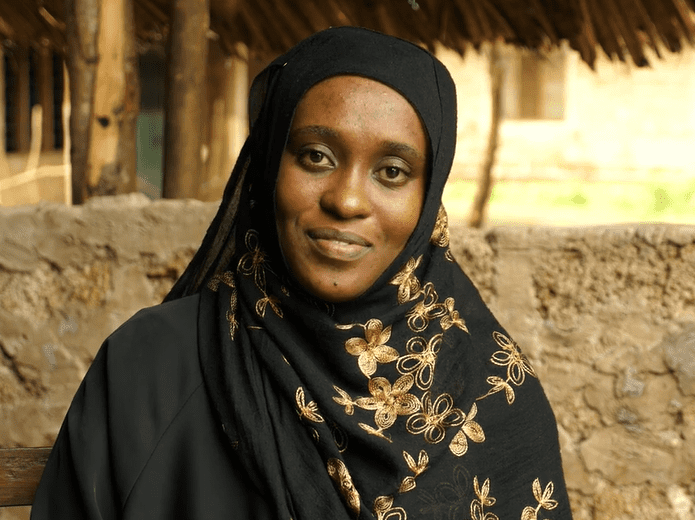
Changemakers like Sharmilla, who work with compassion and conviction day in and day out to improve the lives of the people they serve, make Helen Keller Intl’s programs effective. We partner with Kenya’s Ministry of Health, and with health workers like Sharmilla. Together, we are saving children’s lives and improving their health and nutrition through our vitamin A supplementation programs.
Sharmilla’s work involves moderating community dialogues to educate families about the critical importance of vitamin A supplements and deworming.
Helen Keller supports Kenya’s Ministry of Health along with local partners like the Kwale County Department of Health, both in designing and running the community dialogues and in providing children with twice-yearly vitamin A supplements and deworming medication. We do this with support from our generous donors at effect: hope and the Government of Canada.
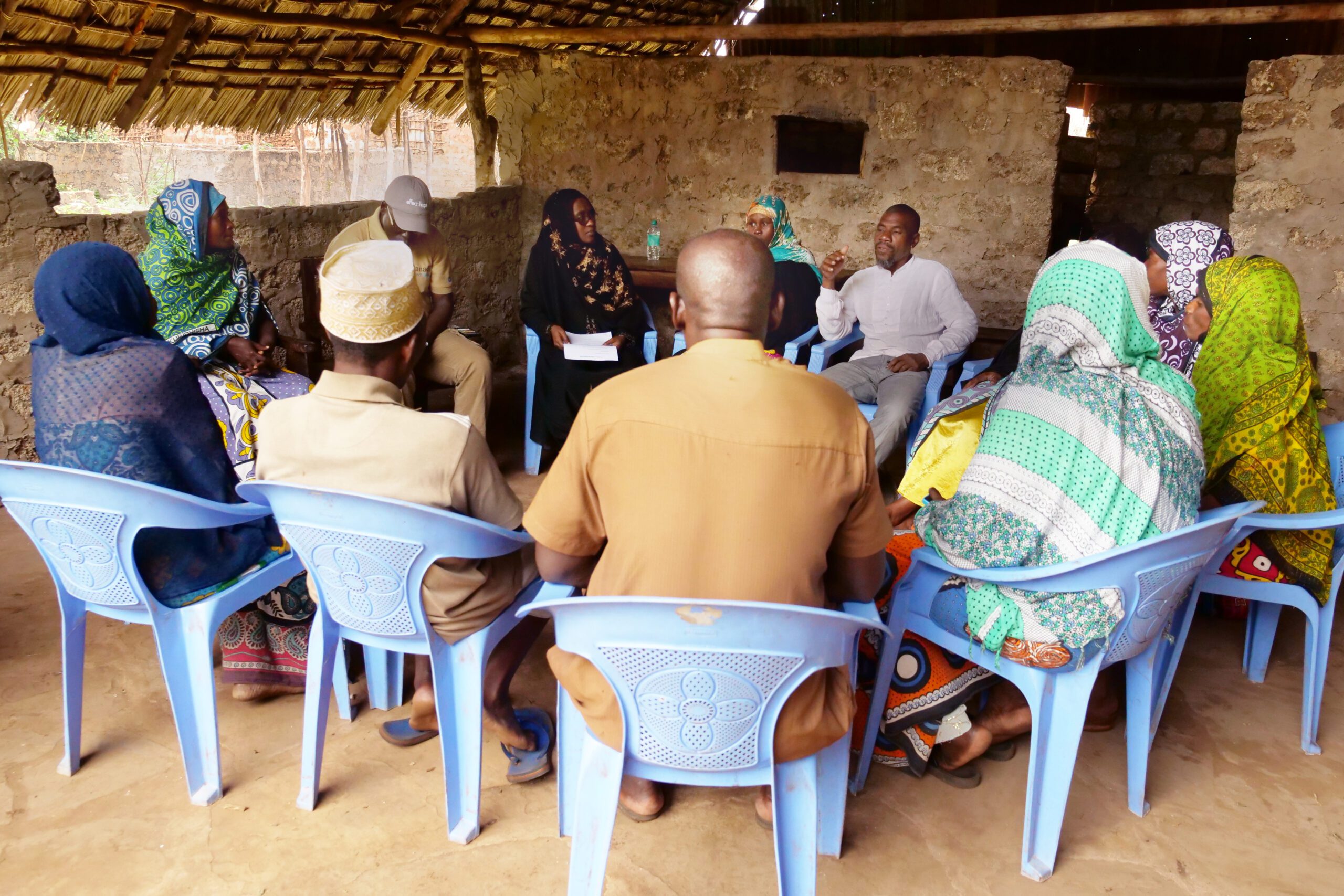
Young children require vitamin A to support their immune systems and ensure healthy growth and development. Lack of vitamin A can cause visual impairment and blindness in children. Furthermore, vitamin A deficiency significantly increases the risk of disease and death.
Our programs in Kenya — and other parts of the world — ensure that children from six months to five years of age receive vitamin A supplements at least twice per year. Evidence shows that these supplements can reduce the number of child deaths per year by more than 20 percent. Programs that give children deworming pills in tandem with vitamin A have an even greater impact on child health. The pills treat common parasitic infections that cause undernutrition among children by preventing their bodies from absorbing essential nutrients.
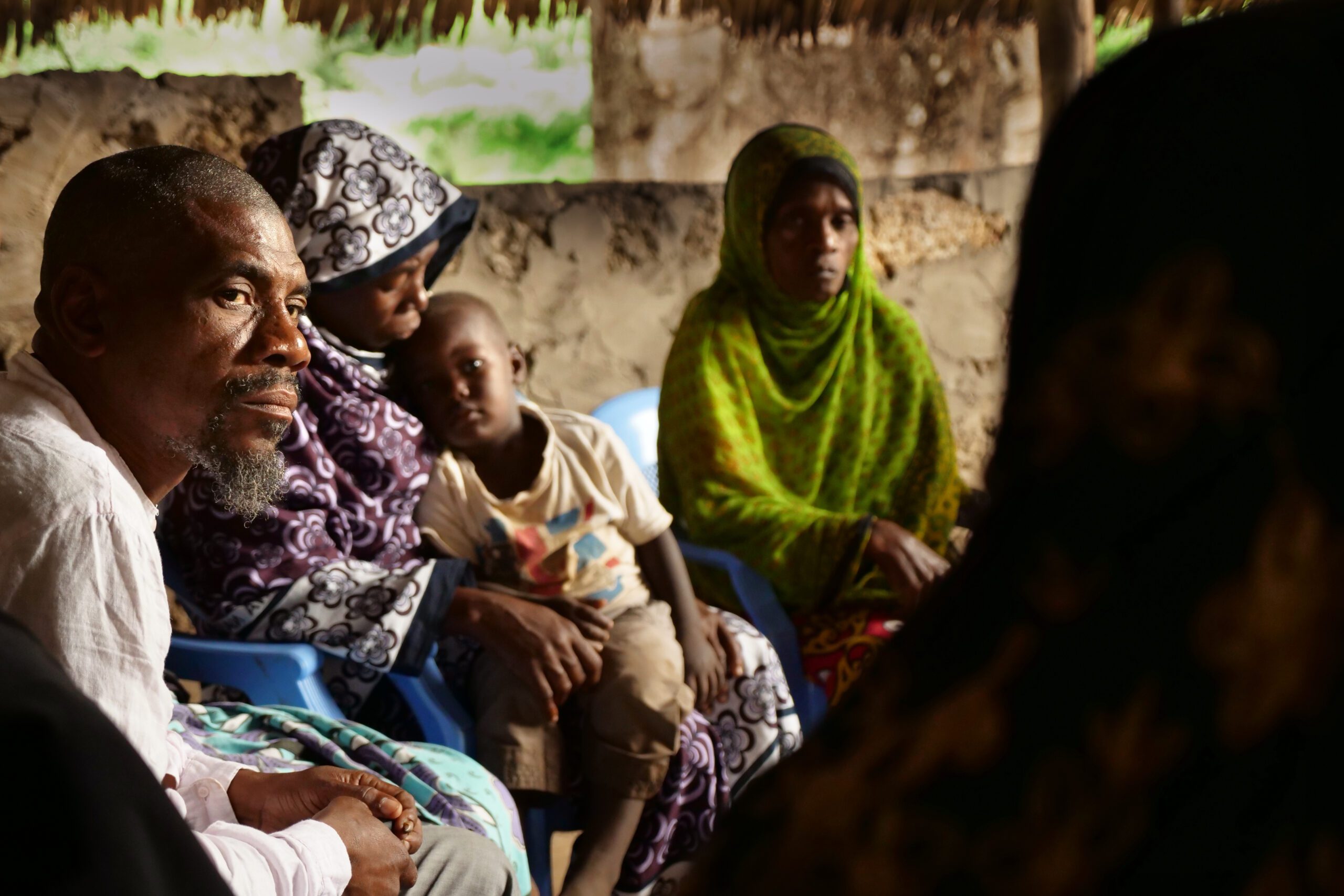
On our visit to Funzi Island, Sharmilla asked community members whether they had noticed any changes in their children’s health since the nutrition program began. They answered that their children were performing better in school. They were also experiencing fewer bouts of diarrhea and other sicknesses than their older siblings, who hadn’t consistently received the regimen.
“Every Child is Somebody”: Reaching Them All
“There are fewer admissions to the hospital now than when I started,” Sharmilla agreed. She attributes this not only to improved reception of vitamin A supplementation among communities, but also to improved education of communities about health and nutrition.
That’s why it’s important to engage community leaders in dialogues like the one Sharmilla led. The conversations empower participants with information and inspiration to become agents of change. They go back into the community to raise awareness about vitamin A supplementation and encourage parents to embrace it. As a result, the biyearly community health campaigns, during which vitamin A and deworming pills are administered, reach more children. Community health workers ensure high ongoing coverage among older children by carrying out biyearly campaigns in kindergarten classrooms.
I saw this firsthand when I accompanied Sharmilla’s fellow health workers, Rachel Kahindi (Kwale County Nutritionist) and Naomi Mwavita (Community Health Extension Worker) on a visit to Funzi Island Primary School. They were there to provide “make-up doses” of vitamin A and deworming medication to any children who had been absent during the last in-school visit in May. This additional visit would prevent those children from falling through the cracks.
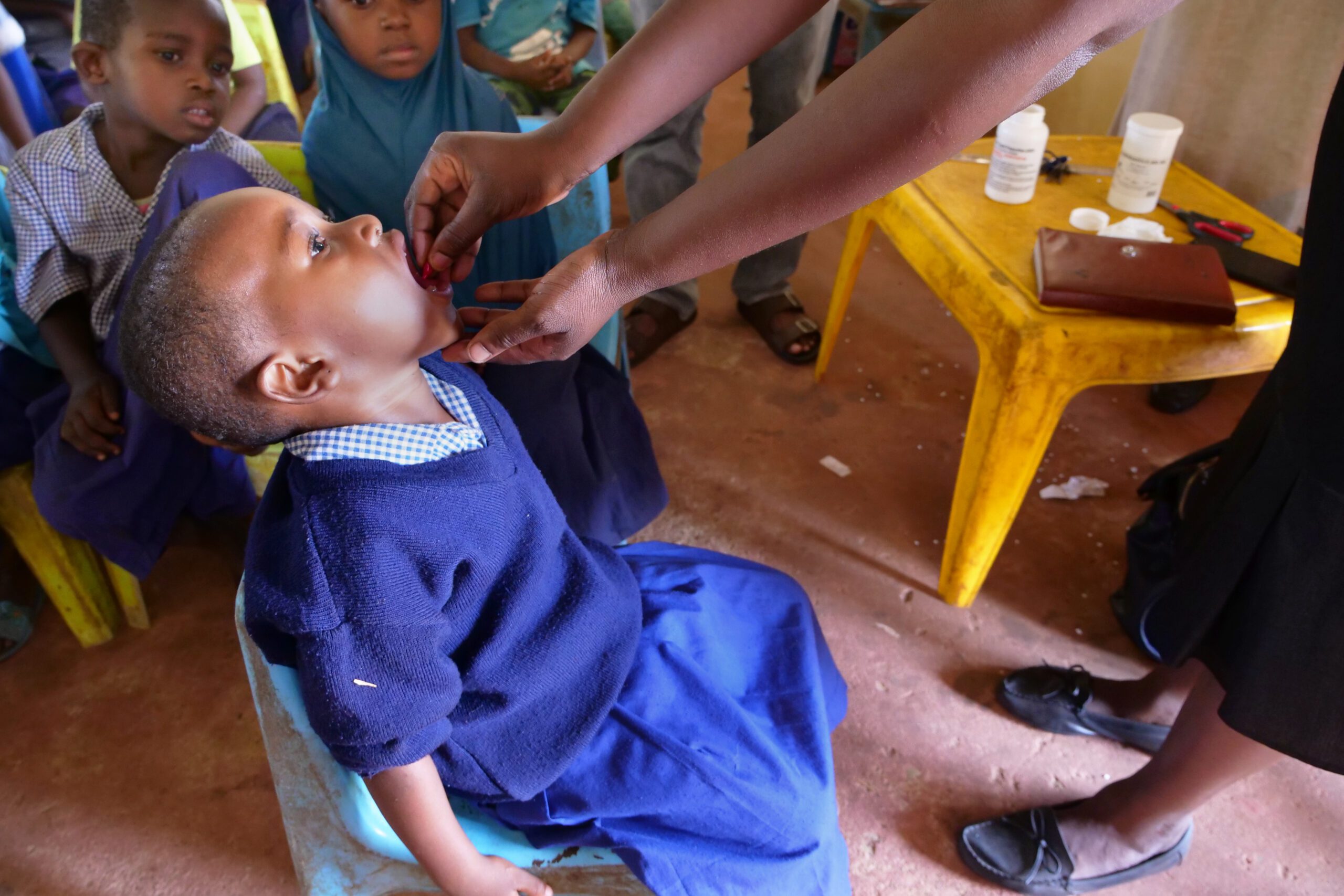
Rachel and Naomi are as committed to their work as Sharmilla. Rachel told me, “Funzi is a very small population, but we want to make sure that our health services reach everyone. Every child will be somebody in future – and the future is prepared today.”
Watch the related video:
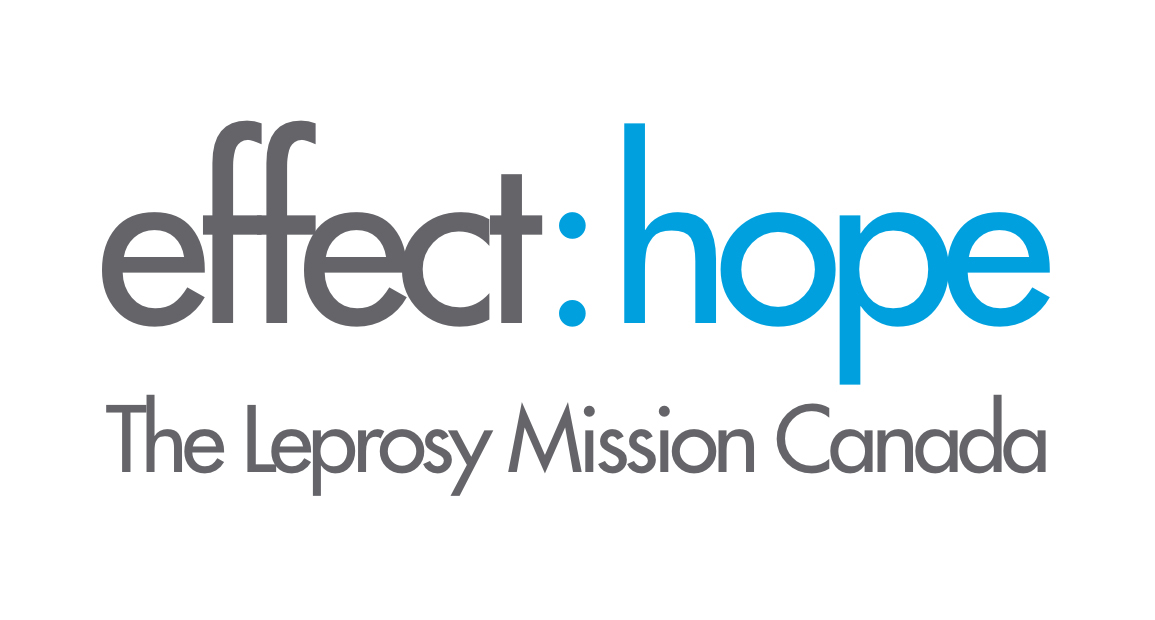
The Every Child Thrives project, which delivers vitamin A supplementation and deworming tablets to children in Kenya, is carried out on behalf of effect:hope with financial support from the Government of Canada.
